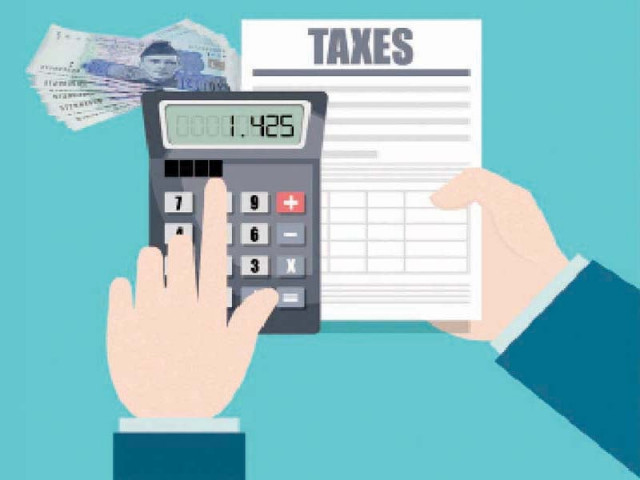Judicial allowances get tax break
Exemption has been given in compliance with July 2020 judgement of SHC

The Federal Board of Revenue (FBR) has exempted judicial allowances from income tax by honouring court judgements, but at the same time has opened a Pandora’s Box as nearly five dozen other departments that are receiving higher than normal salaries can claim similar exemptions.
The tax machinery this week notified that the “judicial allowance and special judicial allowance are exempt from tax not only in cases of superior judiciary but also in the case of subordinate judiciary.”
The exemption has been given in compliance with July 2020 judgement of the Sindh High Court (SHC) and 2017 judgement of the Peshawar High Court (PHC).
However, the tax authorities still believe that a provincial court judgement was on weak grounds. It is not clear whether the SHC decision has been challenged in the Supreme Court of Pakistan.
The PHC judgement has already attained finality after it was not challenged by the tax authorities.
The income tax exemption on special allowances may create trouble as about 58 government departments including the FBR and the armed forces are already receiving special allowances, said the sources.
An FBR publication showed that the exchequer took a hit of Rs32 million on account of house rent allowance tax exemption available to judges of the Supreme Court and high courts and another Rs283 million due to tax-free perquisites, benefits and allowances received by judges of Supreme Court and high courts.
The exemptions have been notified despite the International Monetary Fund (IMF)-led drive to withdraw the income tax and sales tax exemptions.
The government has already withdrawn Rs140 billion worth of income tax exemptions last month and is in the process of taking back over Rs700 billion worth of sales tax and income tax exemptions in the next budget.
The FBR on Friday dismissed a report that claimed that the government would not impose new taxes in the next budget.
“The special judicial allowance granted to the petitioners was in appreciation of their performance of duties and thus would not fall within the scope of salary, and thereby not chargeable to income tax,” according to the SHC judgement.
The court stated that these were allowances, which were solely granted for the better performance of duties of officers.
The SHC had declared the withholding of income tax on all judicial allowances “illegal and without lawful authority”.
The judicial allowances are up to 300% over and above the basic salaries being drawn by members of the judiciary and their establishments.
The federal government’s salary structure is highly tilted in favour of a few influential departments, which has created resentment among civil servants.
In order to partially address these concerns, the government last month notified 25% disparity allowance for the employees.
According to the petitioners who were staff members of the judiciary, the deduction of tax was illegal as both these allowances were exempted from the levy of income tax under Section 39 Part 1 of the Second Schedule of Income Tax Ordinance 2001.
They claimed that these allowances were spent towards the performance of duties of employment, hence, exempted from withholding of tax under Section 149 of the Income Tax Ordinance 2001. But the FBR lawyer argued that every income was chargeable to tax unless exempted.
According to the FBR counsel, keeping in view the exhaustive definition of the term salary given under Section 12 of the Income Tax Ordinance 2001, it was clear that all the benefits and allowances were part of salary income, therefore, rightly subjected to withholding of income tax by the Accountant General of Sindh.
The FBR counsel further argued that the claim of exemption for both of these allowances was not available under the Second Schedule of Income Tax Ordinance 2001, whereas the burden was on the petitioners to prove that such amount was exclusively used and spent for the performance of their duties.
The court has already directed that the amounts already deducted from the salary of members of the establishment of SHC as well as of the subordinate judiciary, will be refunded by the FBR, preferably within a period of three months from the date of such claims.



















COMMENTS
Comments are moderated and generally will be posted if they are on-topic and not abusive.
For more information, please see our Comments FAQ